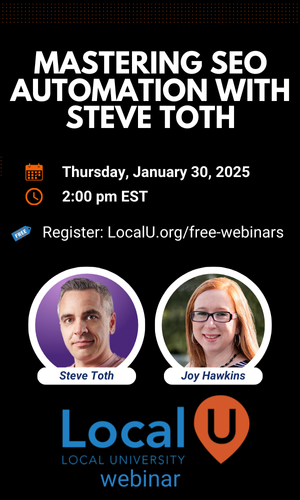- Joined
- Sep 8, 2016
- Messages
- 141
- Solutions
- 1
- Reaction score
- 44
My team has published more than 2,000 articles to our blog over the last 13+ years. We've used the URL structure blog/year/mo/dy/page-title/ (e.g. blog/2019/10/16/hello-world/) since we launched it. I am rethinking our blog strategy of publishing 2-3 new posts a week, usually taking a slightly different approach to topics we've already covered several times before.
I'm considering a strategy of identifying the best blog posts we've published in the past, tweaking them, and changing the publish date to the date they we tweak them.
(Note: I would remove the /year/mo/dy/ from the URL structure and setup 301 redirects to redirect blog/year/mo/dy/page-title/ to blog/page-title/ so our existing blog posts don't lose their search rankings )
I read in this article from 2015 that its best not to put a publish date on blog posts at all. I read in this article from 2016 that having dates on blog posts helps when the dates are recent. And I read in this case study from 2016 that showed just changing the publish date without changing the content at all caused a 66% increase in organic traffic.
Interesting articles but they are 3-4 years old. So, I'm curious what you all have to say about best practices in 2019.
1) Show a date on blog posts or not?
2) Use the meta property="article ublished_time" to tell search engines when a post was published or not?
ublished_time" to tell search engines when a post was published or not?
3) When refreshing an old blog post change the publish date or just the modified date?
Thanks for your help!
I'm considering a strategy of identifying the best blog posts we've published in the past, tweaking them, and changing the publish date to the date they we tweak them.
(Note: I would remove the /year/mo/dy/ from the URL structure and setup 301 redirects to redirect blog/year/mo/dy/page-title/ to blog/page-title/ so our existing blog posts don't lose their search rankings )
I read in this article from 2015 that its best not to put a publish date on blog posts at all. I read in this article from 2016 that having dates on blog posts helps when the dates are recent. And I read in this case study from 2016 that showed just changing the publish date without changing the content at all caused a 66% increase in organic traffic.
Interesting articles but they are 3-4 years old. So, I'm curious what you all have to say about best practices in 2019.
1) Show a date on blog posts or not?
2) Use the meta property="article
3) When refreshing an old blog post change the publish date or just the modified date?
Thanks for your help!




